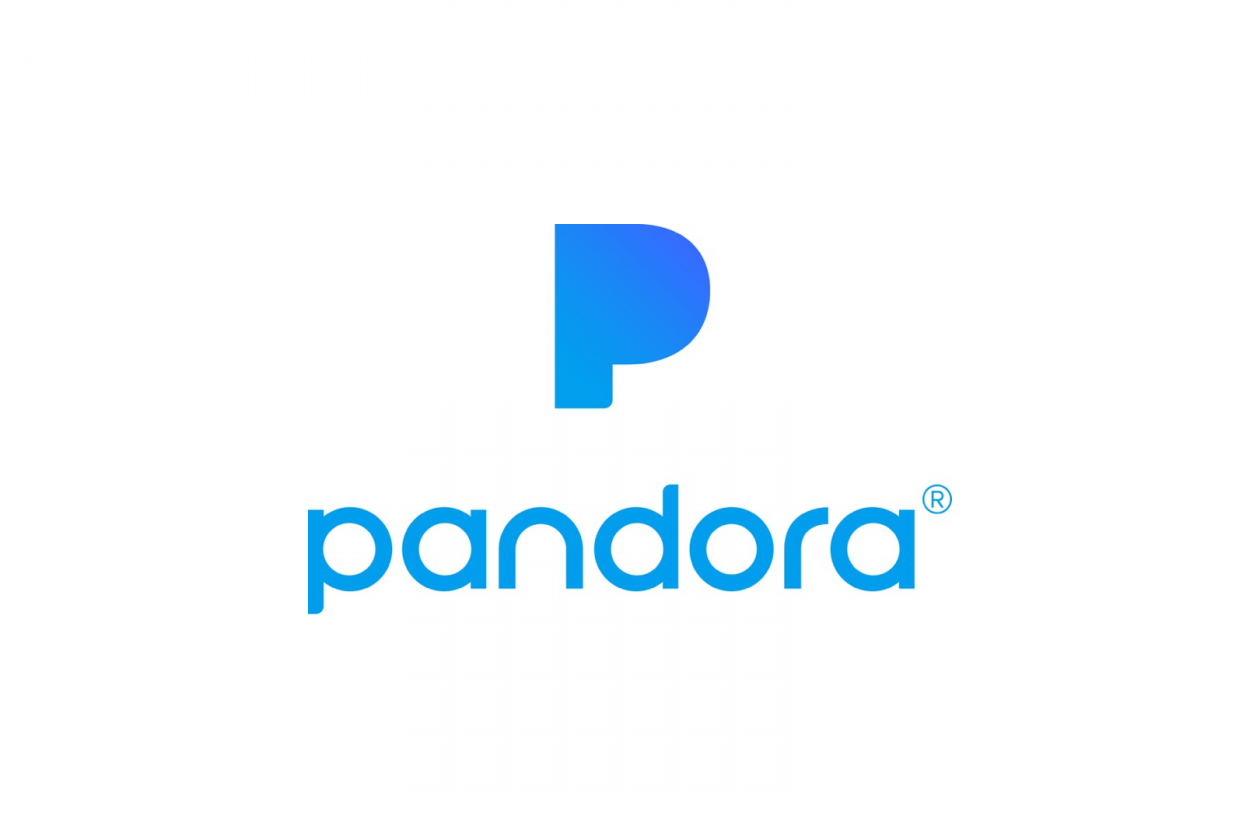
In the vast landscape of music streaming, Pandora stands out as one of the pioneering platforms that revolutionized how we listen to music. Unlike traditional on-demand streaming services, Pandora started with a unique approach centered around personalizing radio-like stations based on listeners’ musical preferences. The brainchild of the Music Genome Project, Pandora set the stage for an entirely new way of discovering and enjoying music, offering a highly curated experience for users who wanted more than just random playlists.
Since its inception, Pandora has grown into one of the most prominent players in the music industry. From its early beginnings as an internet radio service to its current offering of on-demand music streaming, Pandora has continuously adapted and evolved to meet the ever-changing demands of music lovers. This article explores Pandora’s journey, its standout features, and its role in transforming the music streaming industry.
The Early Days of Pandora: A Visionary Start
Pandora was founded in 2000 by Tim Westergren, Will Glaser, and Jon Kraft, with the mission of creating a personalized music experience for listeners. At the heart of this mission was the Music Genome Project — a massive undertaking that classified songs based on hundreds of musical attributes such as melody, harmony, rhythm, and instrumentation. The goal was to create an algorithm capable of recommending songs that matched a listener’s preferences based on their unique taste, not just popularity charts.
This approach was revolutionary because it went beyond the typical genre or artist-based recommendations that were common at the time. Instead, Pandora’s algorithm could dive deeper into the sonic DNA of songs, allowing it to suggest music that truly resonated with a user’s tastes. This scientific approach to music curation set Pandora apart and helped it gain a loyal following early on.
In its early days, Pandora was a web-based service where users could create custom radio stations by entering the name of an artist, song, or genre they liked. Pandora’s algorithm would then generate a playlist of songs that matched the sonic characteristics of their choice, allowing for an almost infinite variety of personalized radio stations. This user-friendly interface, combined with its ability to discover new music, became a game-changer for the streaming industry.
Key Features: The Power of Personalization
Pandora’s unique value proposition has always been its ability to offer personalized radio stations. Even today, its focus on music discovery and customization sets it apart from other streaming services like Spotify or Apple Music, which are more centered around on-demand streaming. Here are some of the features that have made Pandora a go-to platform for many:
- Music Genome Project: As mentioned earlier, the Music Genome Project is Pandora’s crown jewel. The project involves analyzing every song added to Pandora’s catalog, breaking it down into specific attributes that make it easier for the algorithm to recommend similar tracks. This allows Pandora to offer highly customized playlists tailored to each user’s taste.
- Thumbs Up and Thumbs Down: Pandora’s thumbs up/down system allows users to interact with their playlists. By liking or disliking a song, users teach the algorithm about their musical preferences, ensuring that future recommendations are even more accurate.
- Pandora Modes: In recent years, Pandora has introduced a feature called Pandora Modes, which gives users more control over how their stations are curated. Users can switch between modes like “Crowd Faves,” “Discovery,” and “Deep Cuts” to fine-tune their listening experience.
- Pandora Premium and Plus: While Pandora initially started as a free, ad-supported radio service, it has since expanded its offerings with Pandora Plus and Pandora Premium. Pandora Plus offers an enhanced radio experience with offline listening and ad-free streaming, while Pandora Premium provides full on-demand access to its extensive music library.
Global Influence: How Pandora Changed Music Consumption
While Pandora initially catered to a US-based audience due to licensing restrictions, its influence on the global music industry is undeniable. Pandora’s innovative approach to personalized music streaming influenced a number of other services, pushing the entire streaming industry towards more data-driven, personalized experiences.
For artists, Pandora has become a key platform for gaining exposure and building a fanbase. Unlike traditional radio, which often prioritizes chart-toppers, Pandora’s algorithm promotes a more diverse array of artists, including independent and lesser-known musicians. This has allowed many emerging artists to reach a broader audience they might not have had access to otherwise.
Pandora’s role in music discovery has also had a significant impact on the industry. Many users have discovered new artists and songs that they wouldn’t have found through traditional means, such as FM radio or physical music stores. This emphasis on discovery has helped diversify the music people listen to and has opened doors for countless artists to find their audience.
Pandora Today: More Than Just a Radio Service
In recent years, Pandora has evolved beyond its original radio format. With the introduction of Pandora Premium, the service now competes directly with other on-demand platforms like Spotify, Tidal, and Apple Music. Pandora Premium gives users access to millions of songs on demand, allowing them to create custom playlists, download music for offline listening, and enjoy a more traditional streaming experience while still retaining Pandora’s hallmark personalization features.
Moreover, Pandora has expanded into podcasting, offering a wide selection of podcasts and integrating them into the Music Genome Project to offer personalized recommendations in the podcast space. This move reflects Pandora’s commitment to staying relevant in an increasingly competitive market.
Conclusion
Pandora has come a long way since its inception. From its innovative start with the Music Genome Project to its evolution into a fully-fledged on-demand streaming service, Pandora has consistently pushed the boundaries of what music streaming can be. Its dedication to personalizing the listening experience has not only set it apart from its competitors but has also reshaped the way millions of people discover and enjoy music.
As Pandora continues to evolve, its impact on the music industry will only grow. Whether through personalized playlists, emerging artist promotion, or its entry into the podcast world, Pandora remains a trailblazer in the streaming landscape, offering listeners a unique and enriching way to experience music.







